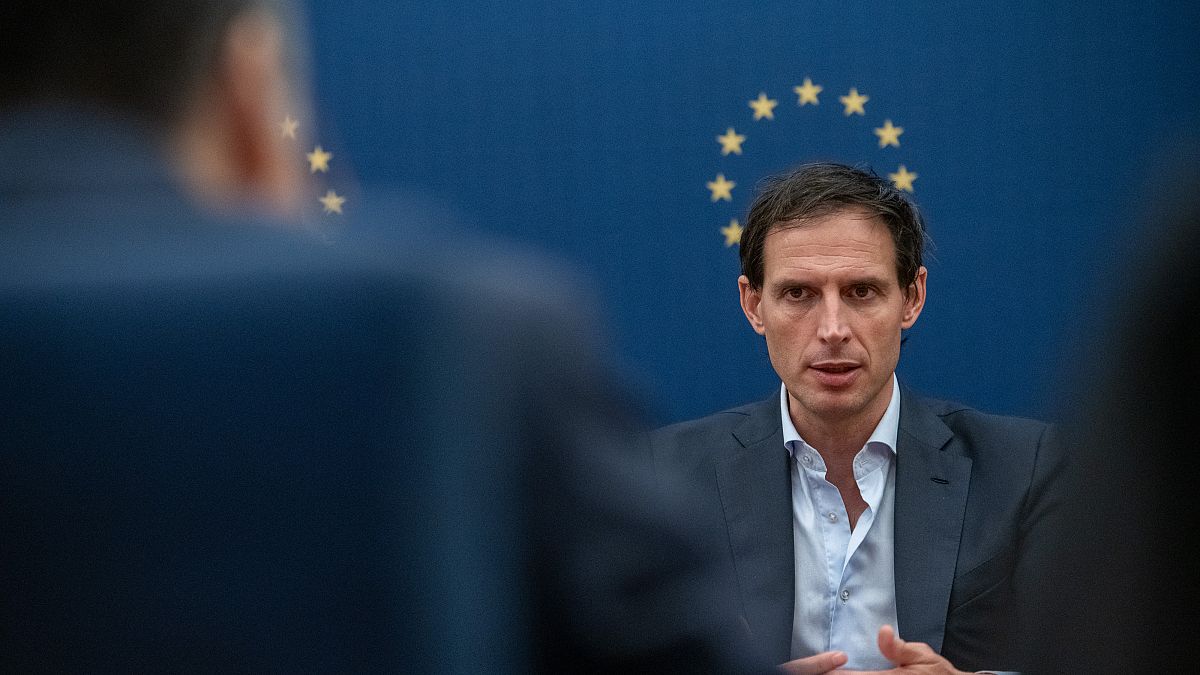Former Dutch finance minister Wopke Hoekstra’s appointment as the EU tax commissioner has sparked controversy among MEPs due to his past connections to tax havens and the Netherlands’ reputation as a hub for corporate tax avoidance. Concerns have been raised over Hoekstra’s investments in a safari company through the British Virgin Islands, as well as allegations of favorable tax treatment given to multinationals during his time as finance minister. This has led influential MEPs, such as Pasquale Tridico and Matthias Ecke, to question his credibility in the role and call for a portfolio change.
Tridico and Ecke, as well as other MEPs, are likely to play a significant role in the upcoming European Parliament hearing where commissioner candidates are grilled on their suitability and conflicts of interest. Opposition from MEPs, particularly from parties that previously supported von der Leyen, could potentially lead to the rejection of the entire Commission. Hoekstra’s tax plans and past record will be closely scrutinized during the hearing, with Ecke emphasizing the need for an ambitious agenda on fair taxation to dispel doubts about his suitability.
Despite the concerns raised by MEPs, Hoekstra is supported by his European People’s Party (EPP) and has defended himself against the allegations, stating that Dutch authorities found no wrongdoing in the matter. Markus Ferber, the EPP spokesperson on economic matters, expressed confidence in Hoekstra’s ability to pass the test, highlighting the importance of a thorough evaluation process for all candidates. The pairing of tax and climate policy in Hoekstra’s portfolio has also been met with optimism, with MEP Kira Marie Peter-Hansen emphasizing the potential to address economic inequalities through taxation measures and encourage clean tech.
In his role as EU tax commissioner, Hoekstra will be tasked with implementing international tax reform, tackling tax fraud and avoidance, and shepherding corporate tax reform plans through the EU legislative process. His mission letter from von der Leyen highlights the importance of using tax policy to promote clean tech and maintain a high level of ambition in addressing tax-related issues. However, the slow progress of corporate tax reform laws, which can be vetoed by any single Member State, may pose challenges for Hoekstra in fulfilling his responsibilities effectively.
Overall, Hoekstra’s appointment as the EU tax commissioner has stirred debate among MEPs due to his past ties to tax havens and the Netherlands’ reputation for corporate tax avoidance. While concerns have been raised about his credibility in the role, Hoekstra is backed by the EPP and has the opportunity to address economic inequalities and climate change through tax policy. The upcoming European Parliament hearing will be a crucial moment for assessing Hoekstra’s suitability for the position and determining the future of tax policy in the EU.











